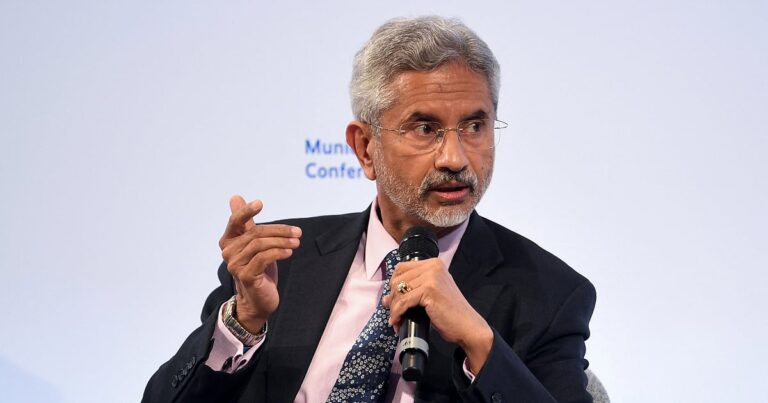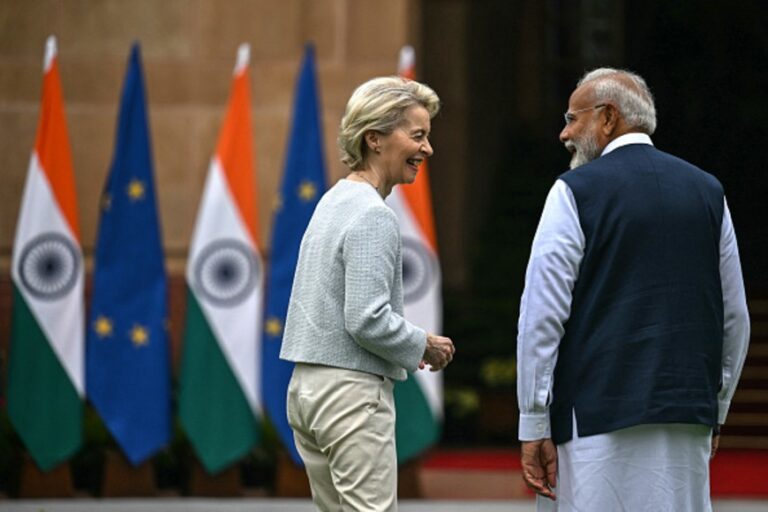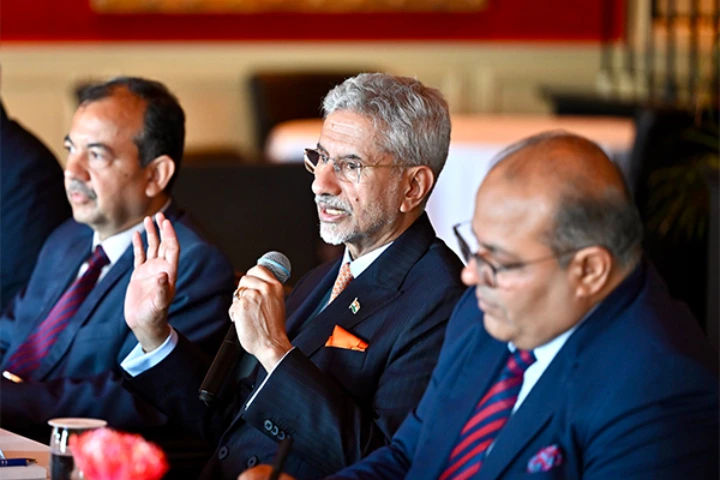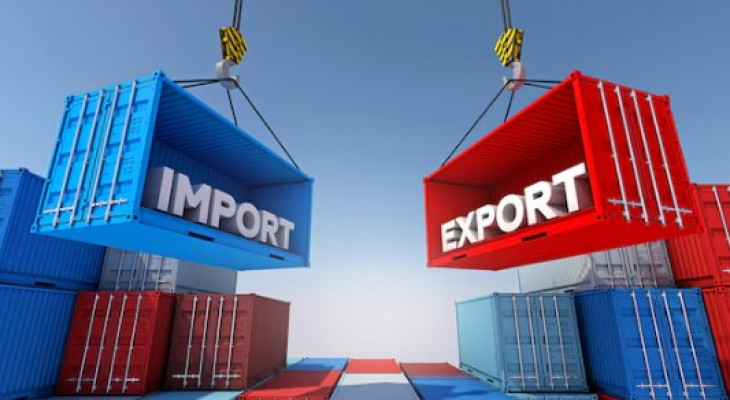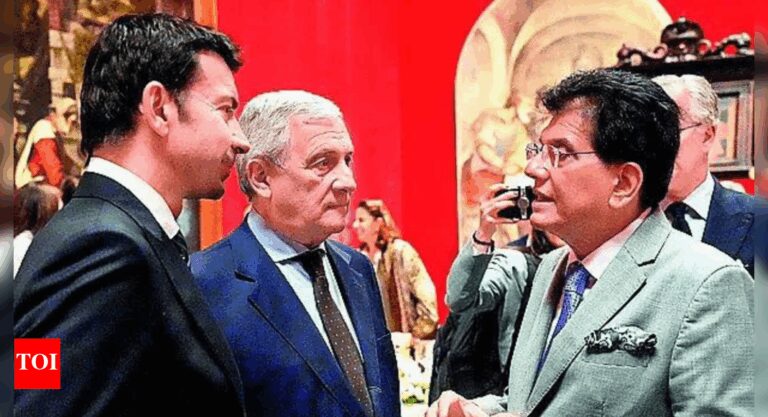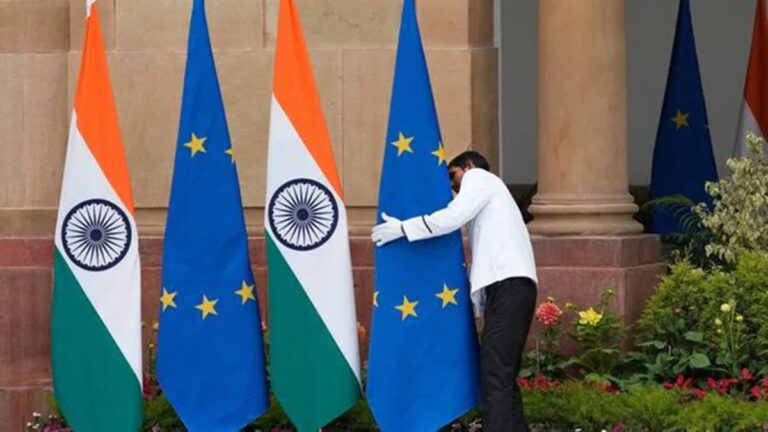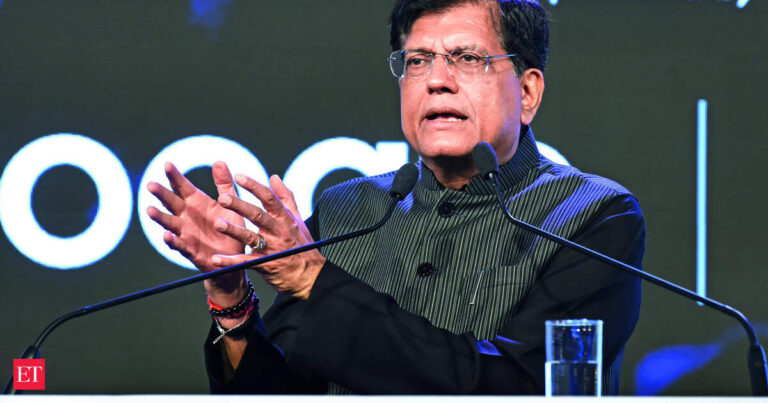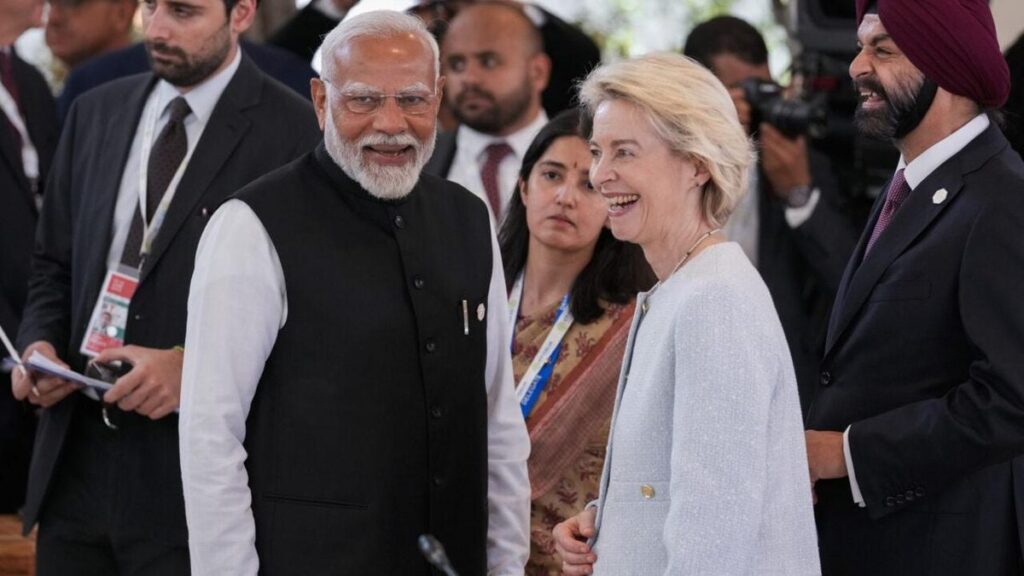
India and the European Union (EU) take on important measures to strengthen their diplomatic relationship thanks to high -level dialogues on trade and technology. On February 27, 2025, the president of the European Commission Ursula von der Leyen arrived in New Delhi with more than 20 European officials, aimed at revitalizing their strategic partnership and to extend cooperation between the two entities.
The visit, described as unprecedented, marks the first time that the EU executive organization has been committed with India since the start of new negotiations on trade and technology. Trade between India and the EU reaching around 124 billion euros ($ 130 billion) in 2023, the meaning of this dialogue cannot be overestimated. Historically, EU-India relations have experienced various challenges, in particular the surrounding trade negotiations, many of which go back to 2007 but frequently encountered roadblocks.
During his visit, von der Leyen expressed: “I will discuss with @narendramodi how to get our strategic partnership to the next level”. This sentence sums up the essence of their discussions, which should revolve around key themes such as improving commercial access, reduction in prices and strengthening cooperation on advanced technologies.
A major objective will be focused on discussions on free trade agreements. In particular, the EU aims to improve access to the Indian market for various commercial products, including cars, spirits and wines, sectors where important rates have hampered growth. Currently, India imposes high prices on goods, which have been cited as one of the main obstacles to transparent trade; “The Indian market remains relatively closed, in particular for the main products of the commercially significant EU,” noted a senior EU.
Addressing the technological aspect, von der Leyen also pointed out: “We strive to make free trade agreements, more cooperation on digital technologies … and clean technologies such as electric vehicles and green hydrogen.” This thrust for technological collaboration highlights the mutual interest that the two parties have, in particular around artificial intelligence, quantum computer science, battery technology and the manufacture of semiconductors.
Such initiatives arise at a time when geopolitical dynamics change. The EU is not only focused on improving its economic ties with India, but also strategically positioned in the midst of increasing tensions resulting from the war between Russia and Ukraine. India, with its long -standing links with Russia, maintains a position of neutrality, making dialogue on the full Ukrainian conflict at meetings. Europe is eager to collect the support of India concerning its position on the Russian invasion. An anonymous EU official said: “Ukraine security is not only a European priority, but also has ramifications for Indian security”.
This aspect will play considerably during Von Der Leyen talks with Modi, with expectations to fight against European sanctions imposed on Russia and discuss India’s conformity to such measures. Past interactions have shown India’s reluctance to fully align with Europe’s position on the crisis.
The time of this dialogue is particularly relevant because the United States, under President Donald Trump, focused on the negotiation of strict prices with friends and opponents, putting the dynamics of global pressure under pressure. India perceives it both as a challenge and opportunities, especially since it aspires to maintain solid links with the United States. Indian officials would examine personalized policies in depth, considering the possibilities of reducing import prices such as cars, chemicals and certain agricultural products.
One of the underlying objectives of this high-level dialogue is to strengthen the economy of India through an increase in foreign investments and access to new technologies, which could contribute considerably to job creation and support economic growth. The Indian government is enthusiastic about integrating European technology and efficiency in its large market size, declaring: “They have technology and efficiency, and we have the necessary scale.”
Overall, this high -level dialogue serves both as a test and opportunity for the relationship between India and the EU. The issues are high – the EU can get closer to India from its orbit in the midst of difficult geopolitical winds, or will traditional obstacles prevent substantial cooperation? Although both parties are optimistic, the forward path remains heavy with uncertainties. Upcoming discussions could well define the evolution of India-EU relations in the future.
